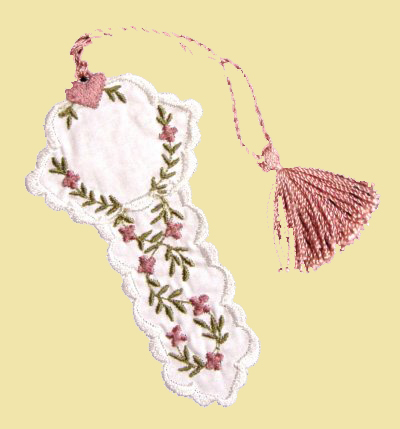Krupp gun, a wrought steel breech-loading cannon, named after its German inventor, Herr Krupp.
Machine gun, a breech-loading gun or a group of such guns, mounted on a carriage or other holder, and having a reservoir containing cartridges which are loaded into the gun or guns and fired in rapid succession, sometimes in volleys, by machinery operated by turning a crank. Several hundred shots can be fired in a minute with accurate aim. The Gatling gun, Gardner gun, Hotchkiss gun, and Nordenfelt gun, named for their inventors, and the French mitrailleuse, are machine guns.
The Fashoda Crisis (1898) The Berlin Conference set the rules for the division of Africa, but it also made the colonial powers even more aggressive in their pursuit of unclaimed territory. A pattern was emerging between the two greatest colonial countries.
France was clearly expanding in a west to east direction, from French West Africa to French Somaliland, while Britain had expanded in a north-south direction, from Egypt to the Cape. The point where the two axes crossed was the Sudan. Here a small French expedition, under Major Marchand, reached Fashoda, on the Upper Nile, in 1898. This was followed, only two months later, by a much bigger British force under Lord Kitchener. The two leaders did not know whether to sit down and have a drink together or fight. Both claimed Fashoda and the Sudan for their own countries.
In London and Paris, for the last time in their histories, there was talk of war between Britain and France. However, the diplomats knew it was absurd for their countries to go to war over a distant African village. Quietly, an agreement was reached. France would recognize the British presence in Egypt and Sudan and Britain would recognize France's presence in Morocco. With colonial differences settled, the two countries could concentrate on a far more pressing subject; coming together in an Entente Cordiale to face a common danger -Germany.
